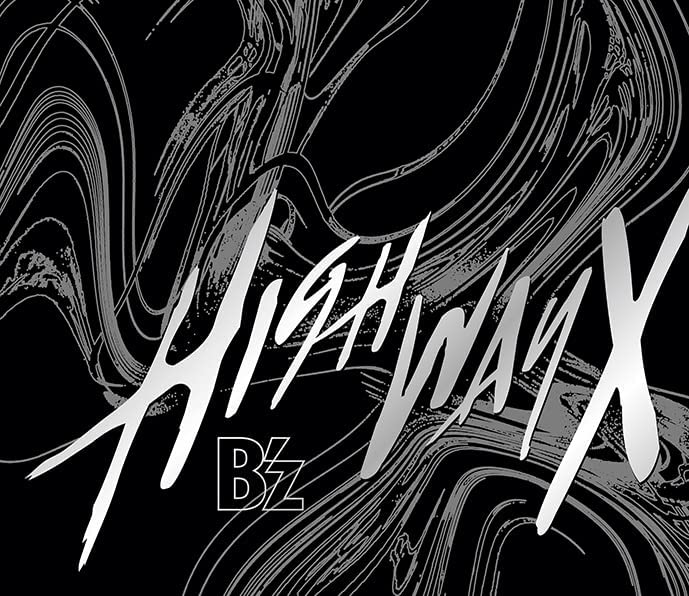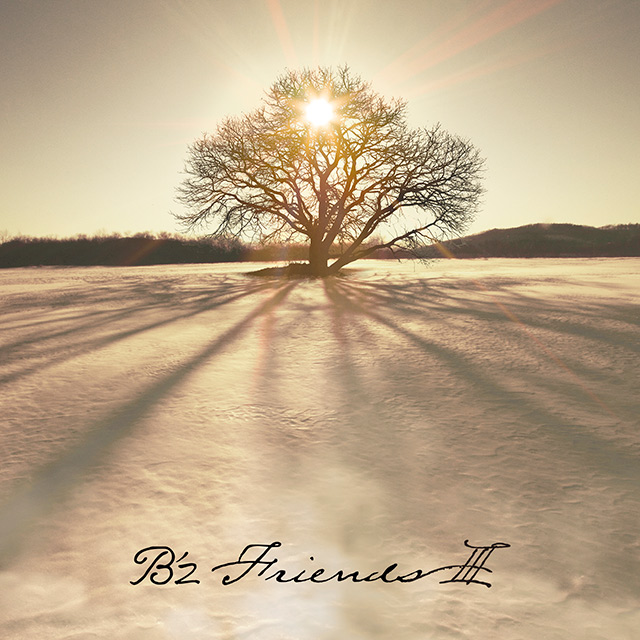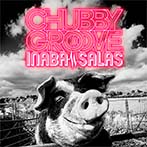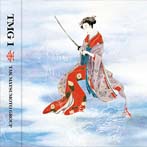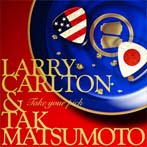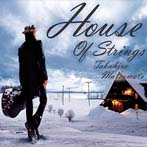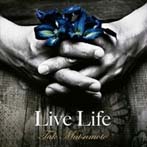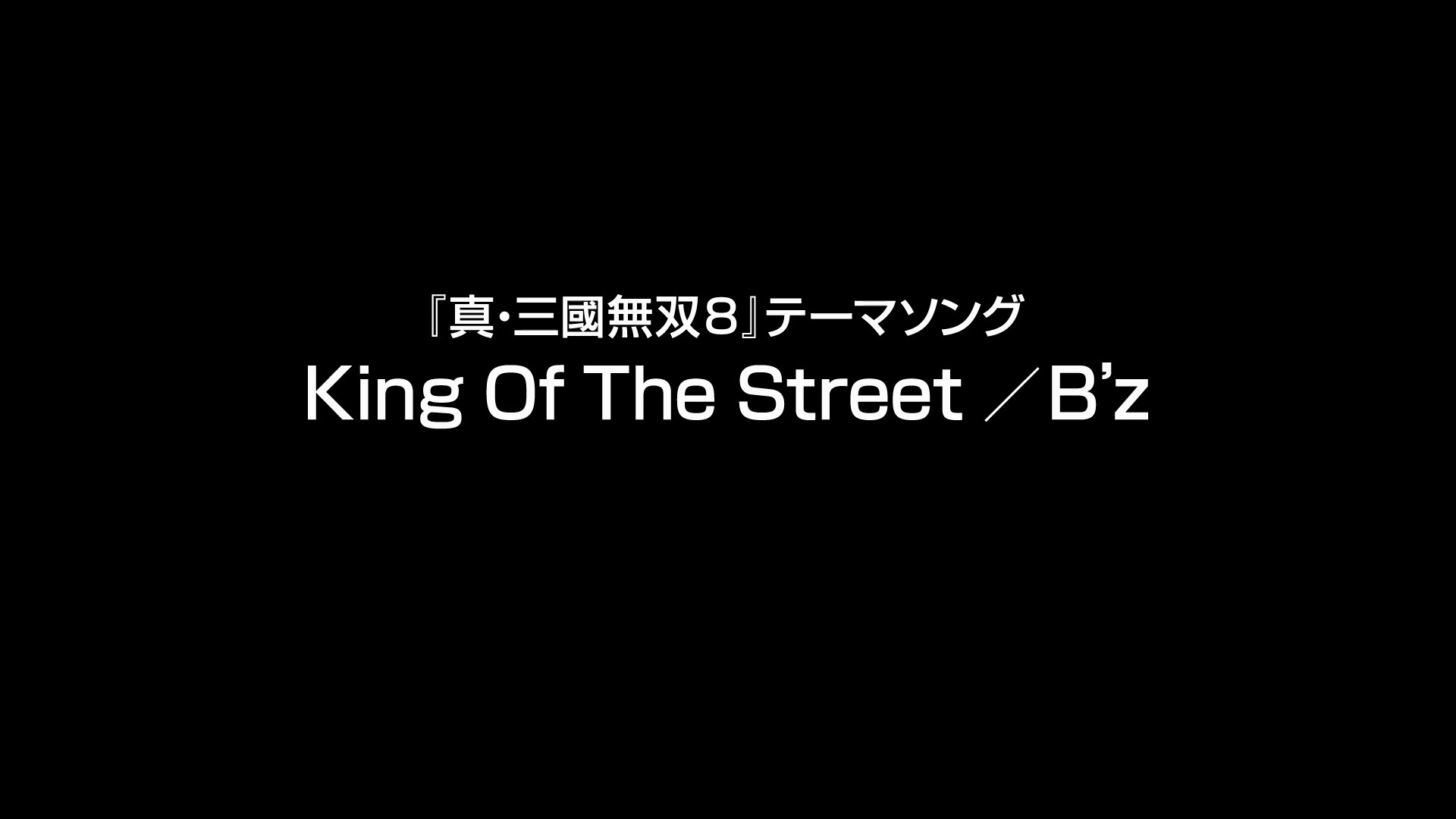The Origin of the Name “B’z”
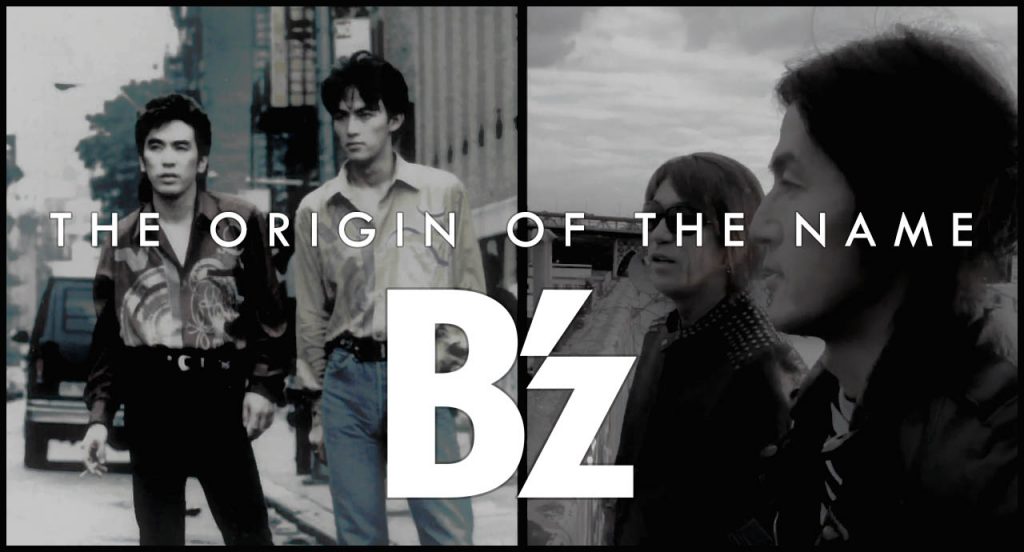
One of the more curious oddities in B’z lore and its accompanying fandom is the origin of the name “B’z“. A great many explanations have been proffered over the years (including both competing and supporting explanations by Tak and Koshi themselves in various interviews after being asked the question innumerable times). As many now no doubt know, “B’z” is pronounced the same as “bees” and occasionally as “bi-zu” (ビーズ) as a phonetic replacement by fans in Japan though the band use the former.
In 2012, as part of the B’z LIVE-GYM 2012 -Into Free- tour that saw the band play both coasts of the U.S. and Canada, a camera crew from WOWOW followed the action and recounted it in the documentary Only Two. The title of which originates from Tak, who stated when asked about the founding of the band:
“In the beginning, I wanted to found a band with four members, but… [after meeting Koshi] I thought, ‘Only two is enough.'”
Later, when asked if he had a clear vision of the path B’z would follow, he added:
“I had a clear vision from the start: I wanted to form a band that could succeed in making hit songs, you know. That’s why I started a band with just two. In general, every member of a band is egotistic. I didn’t think it’d be well organized with so many opinions.”
As for the name they later took as their own, the most prominent explanation over the years became that B’z wanted to be an “A to Z” sort of band, a band from which you could expect any sort of music. This was shortened to “A~Z” and then “A’z“, but the poor connotations quickly made it an unfavorable candidate, which led to “B’z”. Tak also mentioned in a 1989 interview that the idea of having a “Z” at the end was the result of a casual remark by a staff member whilst they were recording their earliest demos. Another article quoted Tak as saying he liked the idea of using a “Z” in the name and thought having a “B” would be appropriately masculine, with the number of associated B” rock artists out there. Thus, adding the two together formed “B’z“. Another related rationale that emerged in the press was that the band wanted to be inclusive of their favorite rock artists, and thus the name “B’z” included “B” for The Beatles and “Z” for Led Zeppelin.
As it turns out, there’s an element of truth to most of the popular explanations out there. From the aforementioned documentary, in their own words, here is an English-subtitled account of the band explaining the way the name came about:
[Retrospective] 2007: First Asian Artists Inducted to Hollywood’s RockWalk
All sample videos contained in this article are publicly sourced and are reproduced here only for accessibility.

Following the immense success that was the rebooted 2006 LIVE-GYM—one that would set the tone for all B’z shows that followed—and its accompanying album, expectations were high in 2007. It was already presumed the band would have big plans for 2008 given it was their twentieth anniversary year, but what would precede it was still relatively unknown at the time. Fans speculated that the previous year’s live premiere of the English verison of “HOME” would possibly see a release in some form, but it was not there that the year began.
Instead, the first sighting of B’z activity was the announcement of their first international tie-in. The PlayStation 2 racing video game Burnout Dominator was released worldwide in March and featured an all-new B’z song in every territory entitled “FRICTION“. The song was included as a means of promoting the game primarily in Japan, but it would later be included the next year in the sequel game Burnout Paradise that was likewise released globally. The song was also published worldwide on iTunes at the same time as part of the soundtrack.
Now Available: A Special “Love Bomb” Lyric Video!
Given the rising popularity of lyric videos in today’s internet music culture, we decided to try our hand at creating one featuring a B’z song as official promotion for the recent North American releases. The song we decided to work with was the English tune “Love Bomb“, itself being a new rendition of the 2005 Japanese single “Ai no Bakudan“.
(Update for 2017—This edition of the song was previously released in 2012 as part of the band’s debut English album but was recently delisted from international iTunes stores with the coming of the new year. A similar delisting followed after five years of availability for the band’s 2007 International EP. It bears noting that “Into Free -Dangan-” remains available worldwide as a single.)
As a bonus: You can also now download a collection of eight custom wallpapers inspired by this project right here. Each wallpaper was created for a resolution of 1920×1080 but should scale nicely to any widescreen resolution.
INABA/SALAS on J-WAVE Radio: Pre-Show Interview Summary
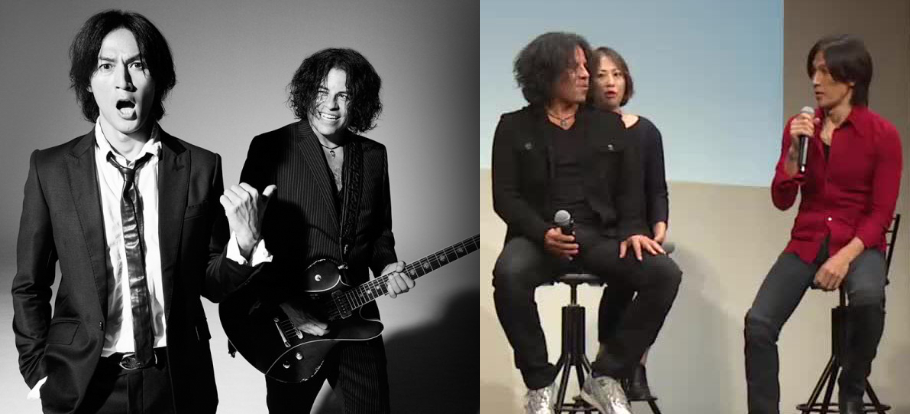
Yesterday in Japan, Koshi Inaba and Stevie Salas appeared on the J-WAVE radio program 「SAPPORO BEER OTOAJITO」 for a live interview on LINE LIVE. The event, hosted by Japanese-American radio personality Chris Peppler, was facilitated in English and Japanese and can be viewed in archive form here. Keep in mind this is for the pre-show segment, which does not include the usual live audience.
The stream began with the below commercial for the album that featured two new songs: 「AISHI-AISARE」 and 「OVERDRIVE」. Notably, the program closes with an alternate version that swaps the order (also included).
Peppler kicked off the segment with introductions prior to asking the two whether they felt this was a “project” or a “band”. Salas jokingly interjected to add that, “I don’t know if you know this, but he has a pretty big, famous band already.” He continued by responding to an inquiry about the origin of the project, saying, “Sometimes as musicians you want to get together between your regular work to get re-inspired.” The source of the album’s title was described by Salas as something that has a groove that’s “chubby”. Stevie compared the etymology of the phrase with “that’s phat“. The idea of depicting a pig on the cover came from the Nashville, Tennessee recording sessions where the studio owner’s pet pig chased Koshi around at one point.
Stevie also humorously recounted the time when he and Koshi first hung out over twenty-five years ago: “Many, many, many years ago [in the early 90s], he came to my house with Tak, in the Hollywood Hills. Tak and I used to go out and do a lot of drinking. Koshi doesn’t drink so much, but he was drinking with us this time. Me and Tak were talking, talking, talking and next time I look over, Koshi is asleep—in the night club. So I carried Koshi, on my shoulders, while he was asleep, all the way out and up the hill to my house. I laid him on my couch on a pillow and gave him a blanket.” Koshi laughed and clarified, “But, no blanket.”
“Koshi is one of the greatest rock singers in the world and I’ve worked with the biggest rock singers in history, if you think about it,” and went on to mention some of those he’s worked with in the past, including Mick Jagger of the Rolling Stones, Steven Tyler of Aerosmith, and Justin Timberlake. “Koshi is one of those greats that mostly only people in Japan know about because he sings in Japanese. But, if you really are an artist, then you know he is one of those top, top guys.”
The new INABA/SALAS collaborative album CHUBBY GROOVE is due for release on January 18, 2016. You can pre-order the album at the usual places: [YesAsia] [CDJapan] and [Amazon Japan]. Their joint tour “CHUBBY GROOVE TOUR 2017” kicks off January 25 and runs through a showing at Diamond Hall in Nagoya on February 20.
Video Countdown: The Top 50 B’z Guitar Solos!

Those of us at OFF THE LOCK have long intended to produce additional content that explores facets of the B’z catalogue in ways we have not before. And, with that in mind, we now bring you our very own countdown of the Top 50 B’z Guitar Solos! The order found here is the result of speculation and discussions from throughout the international B’z community over the years. We hope that it will, if nothing else, provide an overview of the vast variety of guitar work and how integral Tak’s solos are to the B’z sound.
In addition to excerpts of each song for the purposes of this countdown, we have also provided information on each guitar used to play each song with the information at our disposal. We cannot guarantee complete accuracy for many reasons, including the fact that Tak often employs several different guitars on each track, but hope it may prove informative nonetheless!
If you hear a song you aren’t quite familiar with or you’re reminded of one you’ve long wanted to own, consider picking up a physical copy of its album or single from CDJapan or YesAsia!
B’z Wiki Now Features Complete Coverage of All 52 Singles
After years of work, an integral part of the B’z Wiki has been completed. Today, we have published eleven new articles which means, at long last, articles for all 52 B’z singles are now completed!
This project was especially difficult because of the language barrier involved. Hours of research into a base article can in turn lead you down a rabbit hole attempting to track down the origin of one solitary comment. Prior to the B’z Wiki and associated efforts, virtually none of this information was available in English. These 52 articles total over 60,000 words—approaching the length of a proper novel—and attempt to offer something new for even the most seasoned B’z veterans.
All told, the breadth of the band’s career and the litany of releases to cover has made this an especially daunting task, but today, that is no longer a concern—the long-promised singles pages are now completed!
For those that have browsed the Wiki for such information before, here are the most recent articles you may have missed:
- Dakara Sono Te wo Hanashite (1988)
- LADY-GO-ROUND (1990)
- Taiyou no Komachi Angel (1990)
- Easy Come, Easy Go! (1990)
- LADY NAVIGATION (1991)
- ZERO (1992)
- Ai no Mama ni Wagamama ni… (1993)
- Hadashi no Megami (1993)
- Don’t Leave Me (1994)
- Negai (1995)
- love me, I love you (1995)
- LOVE PHANTOM (1995)
- Calling (1997)
- HOME (1998)
- ultra soul (2001)
- Yasei no ENERGY (2003)
- BANZAI (2004)
- ARIGATO (2004)
Additionally, in commemoration of this milestone, read on for 52 facts about the 52 singles that you may or may not yet know!


